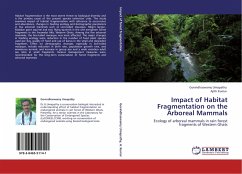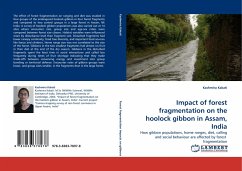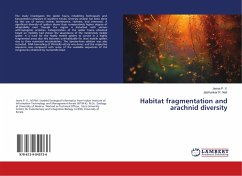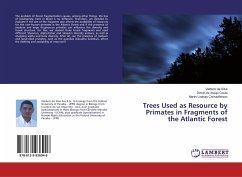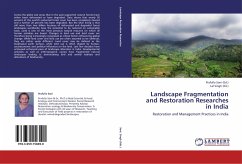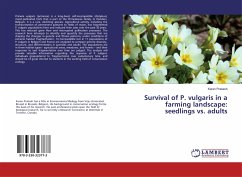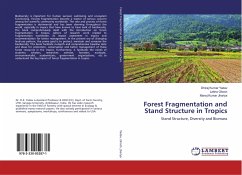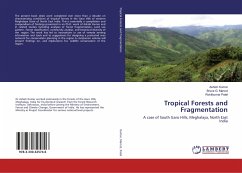Habitat fragmentation is the most severe threat to biological diversity and is the primary cause of the present species extinction crisis. The study examines impact of habitat fragmentation with reference to occurrence and abundance, changes in feeding ecology and demographic parameters in five arboreal mammals such as Lion-tailed macaque, Niligiri langur, Malabar giant squirrel and two flying squirrels in the wet evergreen forest fragments in the Anamalai Hills, Western Ghats. Among the five arboreal mammals, the lion-tailed macaque was most affected. The major changes in feeding ecology were reduction in the number of food plant species used per day, quality of food and use of lianas in the small and degraded fragments. Effect on demographic changes, especially in lion-tailed macaque, include reduction in birth rate, population growth rate, and immatures survival, and increase in group size and a wide variation adult sex ratio in small fragments. Various management measures were recommended for the long-term conservation of forest fragments and arboreal mammals

